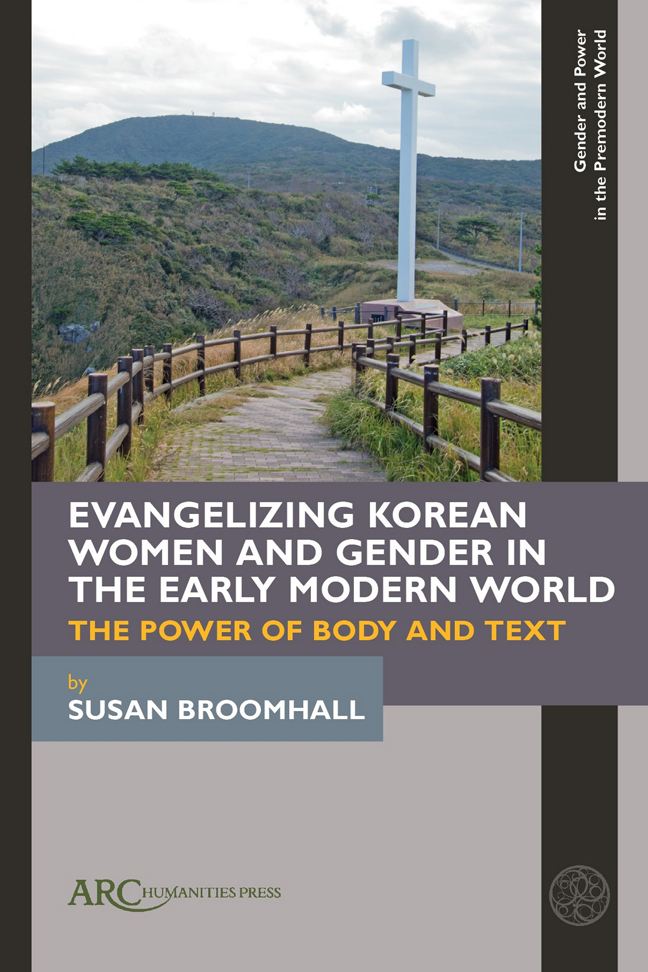4 - Mobility
Published online by Cambridge University Press: 18 February 2024
Summary
FOLLOWING THE JAPANESE invasions, contemporary documentation records the movement of both Korean women and men beyond the borders of the Joseon kingdom. The fifty- three- year- old wife of Kawasakiya Suke’emon no Jō, born in Korea, came to Japan in 1599 as a nine- or ten- year- old. Eleven years later she was in Nagasaki where she was sold as part of the slave trade to Macao. It was there that she became a Christian. Five years later, she returned to Nagasaki where she remained at the period in which she documented her experiences for the ward register of the local Japanese authorities. Another Korean- born individual, the Portuguese- speaking “Gaspar of Korea,” baptized at Nagasaki, was sold at thirteen and later sold again in Manila to a Portuguese trader. Antonio, purchased at Nagasaki, travelled with the Florentine merchant Francesco Carletti, to Goa and eventually to Rome, carrying with him for at least part of the journey two copper images of a crucified Christ and an Ecce Homo. These individuals formed part of a largely untraceable diaspora of Koreans, only some of whom were evangelized. This chapter explores how gender shaped evangelized Koreans’ mobility, primarily in the Asian region, as Christians. What opportunities did their faith afford them to move in the region? How was this agency shaped, as it was narrated in the Christian archive, by assumptions and realities of their differently gendered bodies, and their capacity for knowledge, for communication, and for attracting violence? As Christianity came to be progressively repressed in Japan under successive leaders, how did it shape the prospects of evangelized Korean women and men to live their beliefs? Christian authors, as analysed in Chapter 2 , had documented the different ways Korean women and men had been involved in evangelizing among their social networks in Japan. This chapter explores how the Christian archive adopted or adapted these into mission strategies as evangelized Koreans moved in the region.
Men, Mobility, and Missions to Joseon
Within a decade of the withdrawal of Japanese troops from Joseon in 1598, diplomatic communications between their respective leaders had been reinstated. These exchanges brought elite and educated men to Japan on behalf of the Joseon king and suggested to Jesuit writers a new opportunity for interaction with the people of this kingdom and others beyond.
- Type
- Chapter
- Information
- Evangelizing Korean Women and Gender in the Early Modern WorldThe Power of Body and Text, pp. 85 - 106Publisher: Amsterdam University PressPrint publication year: 2023



